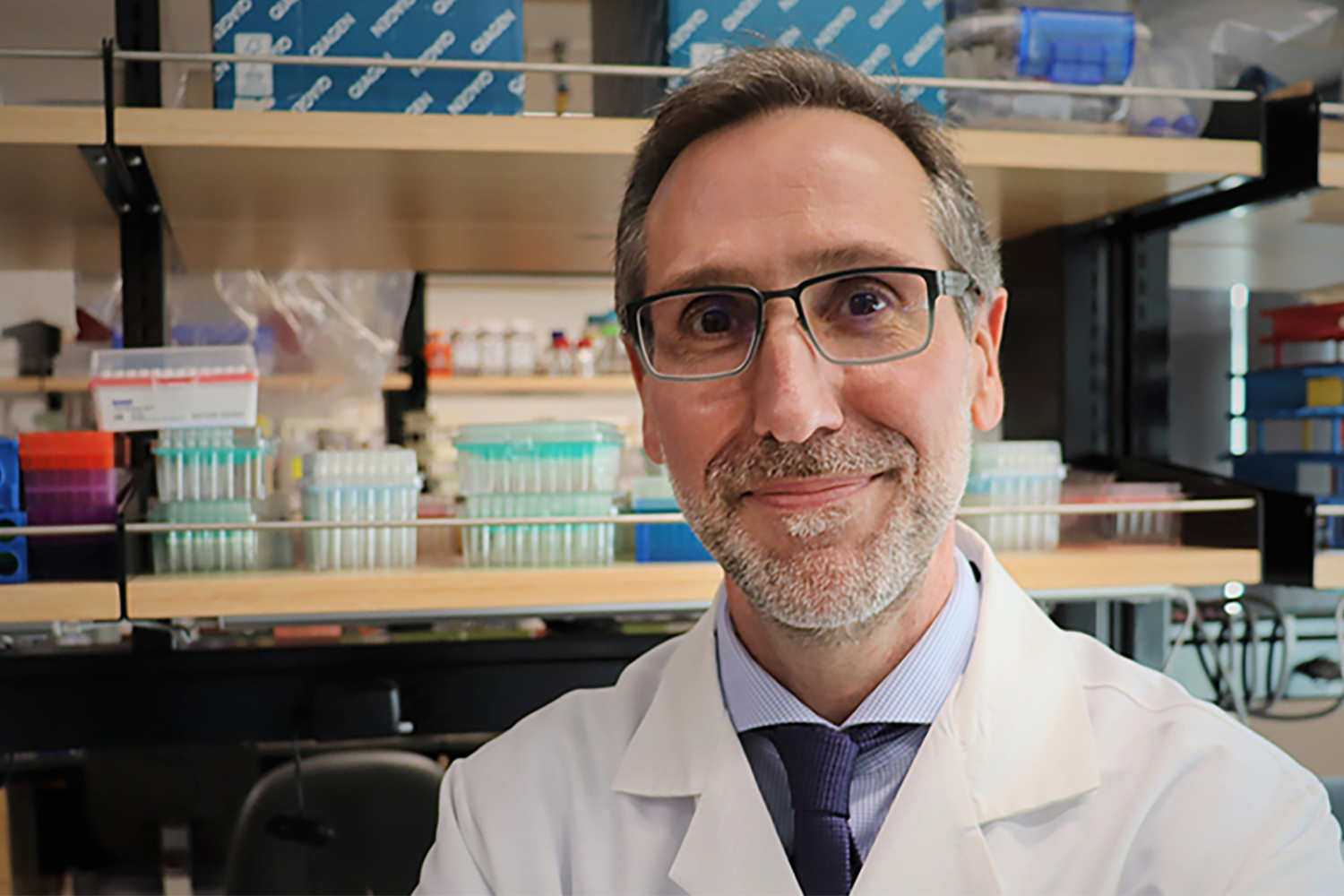AMERICANS MISSED ALMOST 10 MILLION CANCER SCREENINGS during the first months of the COVID-19 pandemic, according to a new report from the American Association of Cancer Research (AACR). The AACR Report on the Impact of COVID-19 on Cancer Research and Patient Care, released Feb. 9, explores the various ways COVID-19 has affected cancer research and care in the two years since the first cases were confirmed in the U.S. in early 2020.
The report details the dangers faced by cancer patients, interruptions to screenings and care, and setbacks to research seen during the past two years, as well as the progress made in response to the pandemic, including the adoption of telemedicine and the journey of mRNA science from cancer research to the development of COVID-19 vaccines.
“AACR’s Report on the Impact of COVID-19 on Cancer Research and Patient Care builds upon the AACR’s commitment to advancing the scientific understanding of SARS-CoV-2, COVID-19 and all aspects of how the pandemic has affected cancer research and patient care,” said Margaret Foti, CEO of the AACR, in a virtual briefing coinciding with the release on Feb. 9. (The AACR publishes Cancer Today.)
Takeaways from the report include 10 million missed cancer screenings in the first half of 2020, a problem that could lead to more late-stage diagnoses and more cancer deaths in the coming years. Also noted was an 11% increase in patients diagnosed with metastatic or inoperable cancer during the disruptions to screening, diagnosis and care between March and December 2020 compared to the same period the year before.
These impacts are illustrated through the stories of people like Larry Saltzman, a family physician who was diagnosed with chronic lymphocytic leukemia in 2010. In late 2019, Saltzman joined a clinical trial where he was given CAR T-cell therapy, a treatment that modified his own cells to attack the cancer. Unfortunately, CAR T-cell treatment also impacts cells that would normally fight infection, leaving him at high risk of contracting COVID-19 and having serious complications, even after vaccination.
“My blood tests … show that I had no antibody response to the vaccine,” Saltzman said during a panel discussion included in the briefing. “What I need to do is to rely on everyone else around me to be vaccinated.” In the meantime, he says he is afraid to go back to movie theaters, restaurants and other public places.
The report also found disruptions for cancer researchers, 99% of whom reported negative impacts from the pandemic on their research, career or patient care, according to a survey of 66 AACR grant recipients included in the report. The survey noted that 61% of respondents said the pandemic delayed their career advancement, a problem that especially affected women and minority researchers who were just starting their careers.
Despite these many challenges, there were also medical successes in the response to COVID-19 shared in the report, including the growth in telemedicine, changes in the administration of clinical trials, and the development of mRNA vaccines that drew on decades of scientific research into cancer immunotherapies. These successes were highlighted by Sens. Roy Blunt of Missouri and Amy Klobuchar of Minnesota, both of whom were featured in the report and spoke at the virtual briefing.
“Our accomplishments didn’t begin when the virus was discovered,” Blunt said in the briefing, about the quick development of the vaccines and other treatments. “It really had begun decades earlier, out of the spotlight, with investments in basic research.”
The report ends with a call to action from the AACR to make permanent the policy changes that allowed care and research to continue during the pandemic and to rebuild the U.S. public health infrastructure. Actions specified in the report include allocating additional research funds to offset losses due to the pandemic, adopting new policies to reduce disparities in health coverage, and making permanent the expansion of telehealth services approved by the Centers for Medicare & Medicaid Services.
“These evidence-based actions included in the Call for Action in the report will help restore the momentum [of] lifesaving progress against cancer, while improving the health of all Americans,” said Antoni Ribas, a medical oncologist and researcher, who is chair of the report’s steering committee and the AACR COVID-19 and Cancer Task Force.
Cancer Today magazine is free to cancer patients, survivors and caregivers who live in the U.S. Subscribe here to receive four issues per year.





